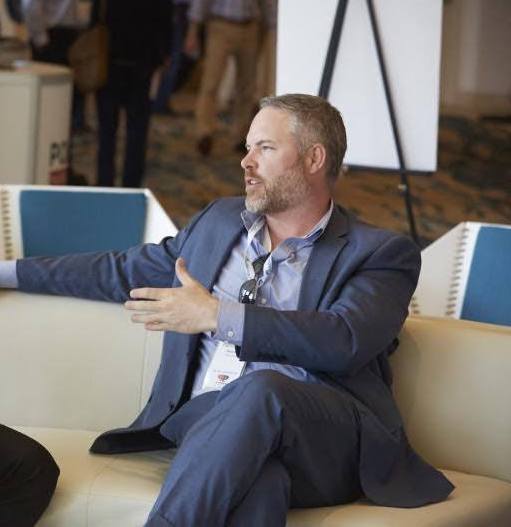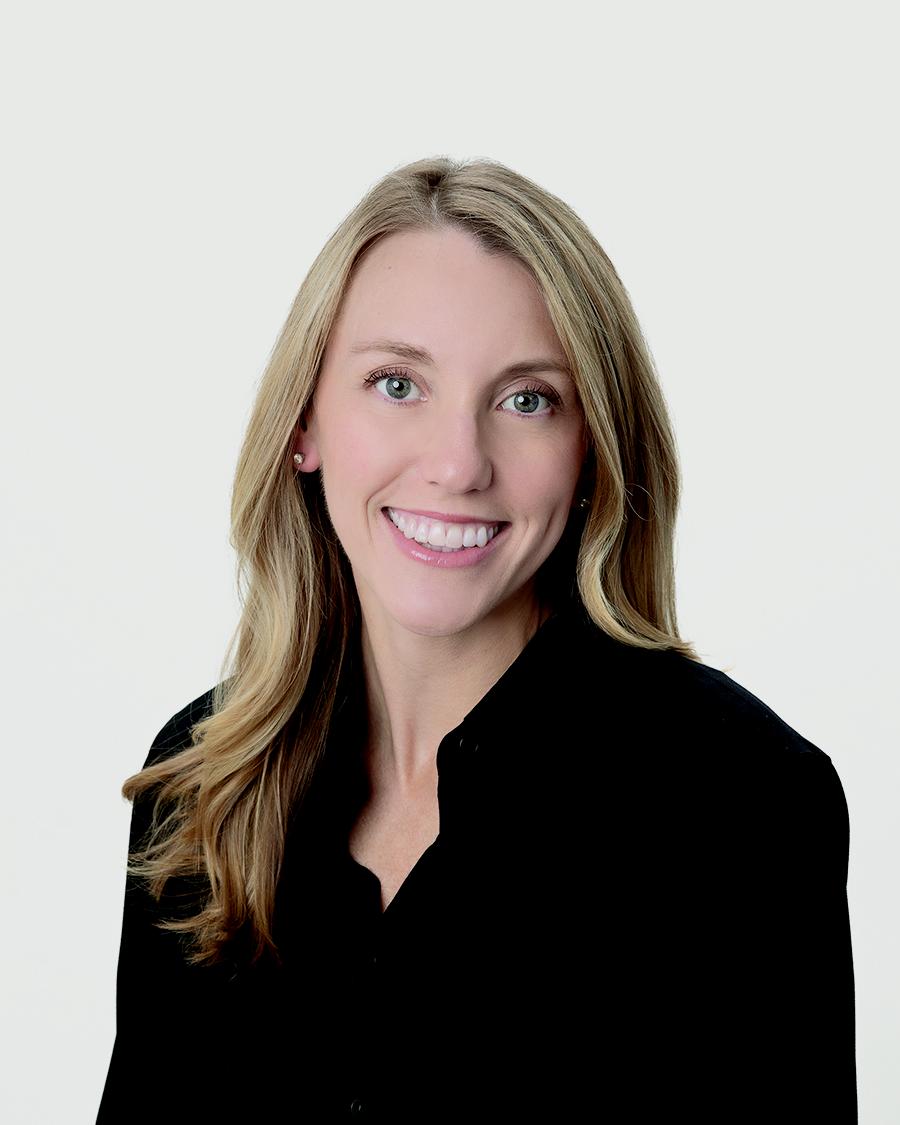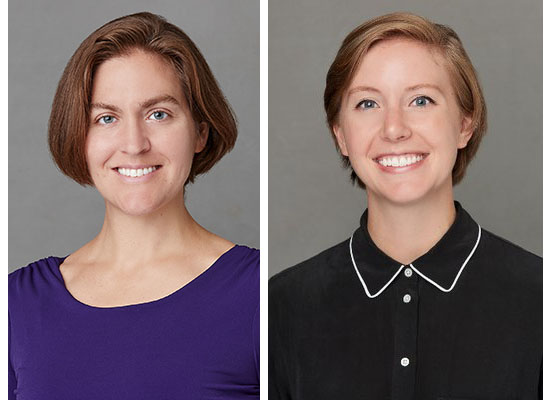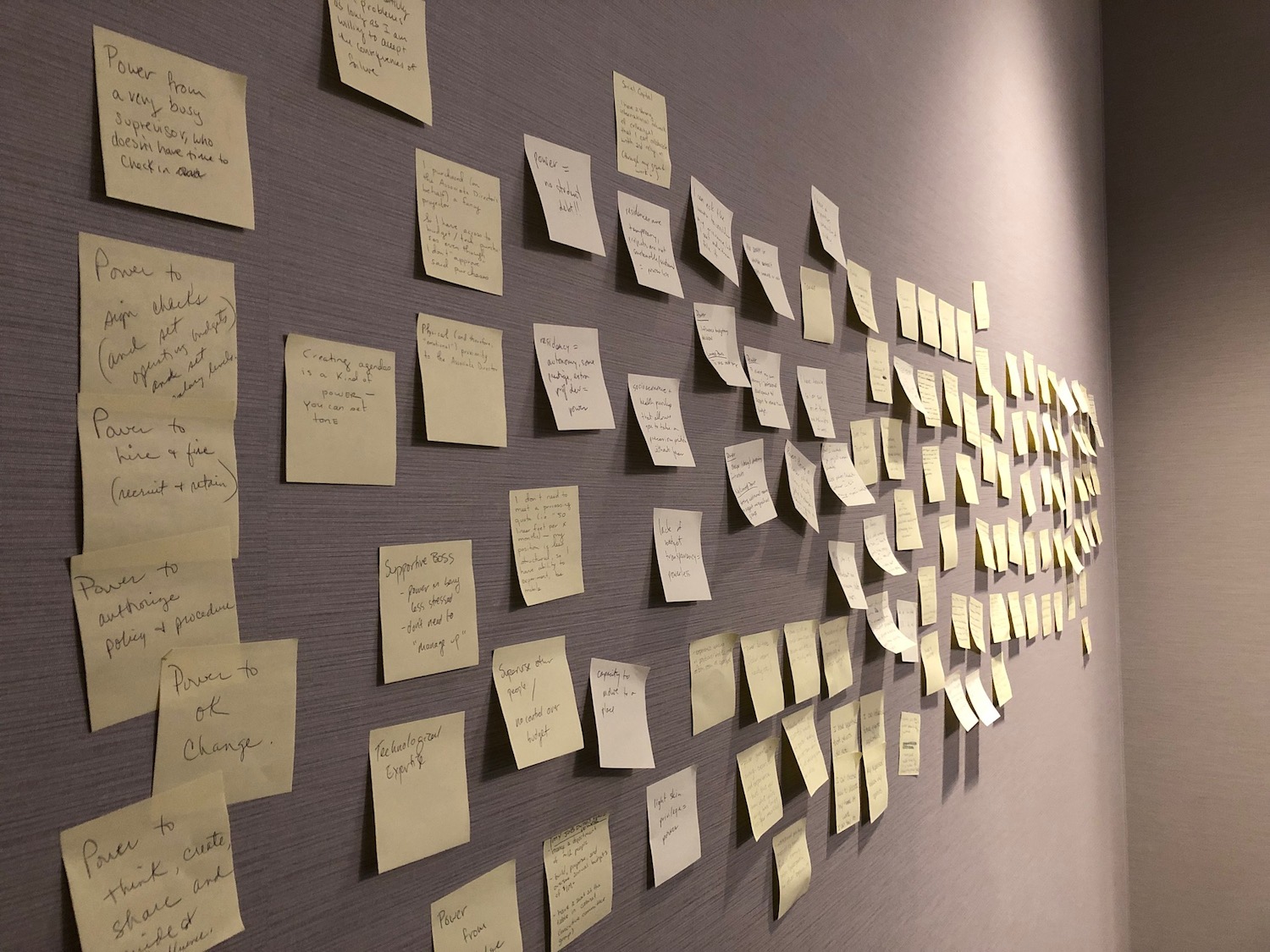Opinion
For the past four years, EveryLibrary has been working to fight the book-banning movement. A large part of that fight is developing effective messaging against book bans, as well as conducting extensive message testing, surveys, and focus groups to understand the impact of messaging and determine which messages perform best.
As the 2024 election year heats up, positive framing will be increasingly important for libraries. I’m certainly guilty of falling into a “doom loop” of negativity when I think about what the future might hold for libraries—or even democracy itself. But we cannot be our smartest, most strategic selves if we focus only on negating anti-library rhetoric. We need to advance a positive pro-library narrative—one that is grounded in the history of our good work—to unite us as advocates and connect with voters across the spectrum.
Most libraries don’t own their own ebooks. This shouldn’t come as a surprise to LJ readers, yet it’s a statement that continues to confound elected officials and administrators who get an astounding amount of say in how much money public and academic libraries are allotted. This is one of the reasons I, along with my coauthors Sarah Lamdan, Michael Weinberg, and Jason Schultz at the Engelberg Center on Innovation Law & Policy at New York University Law, published our recent report, The Anti-Ownership Ebook Economy: How Publishers and Platforms Have Reshaped the Way We Read in the Digital Age.
The 2021 ParkScore rankings, conducted annually by the Trust for Public Land, show a significant shakeup. It’s not because of major changes to the parks in the past year, but to the scoring: this year the Trust added equity to its decision matrix, which includes access, investment, amenities, and acreage. The resulting change in the lineup of top-scoring park systems shows how inadequate measuring overall access is for learning whether everyone is well served.
At many of our institutions, student-parents—students with one or more dependent children—are a growing population. Research in higher education has long demonstrated that student-parents face a number of obstacles to completing degrees and participating in college experiences. Academic librarians, however, have done little work to study what student-parents uniquely need to succeed academically.
Each year, millions of dollars awarded to libraries, archives, and museums (LAM) fund a variety of processing, digitization, and digital infrastructure projects. In the process, the field creates hundreds of contingent and precarious positions. Workers dedicated to their fields’ missions to steward, preserve, and share knowledge and culture accept low salaries, benefit-less positions, and cycles of precarity.
ALREADY A SUBSCRIBER? LOG IN
We are currently offering this content for free. Sign up now to activate your personal profile, where you can save articles for future viewing






